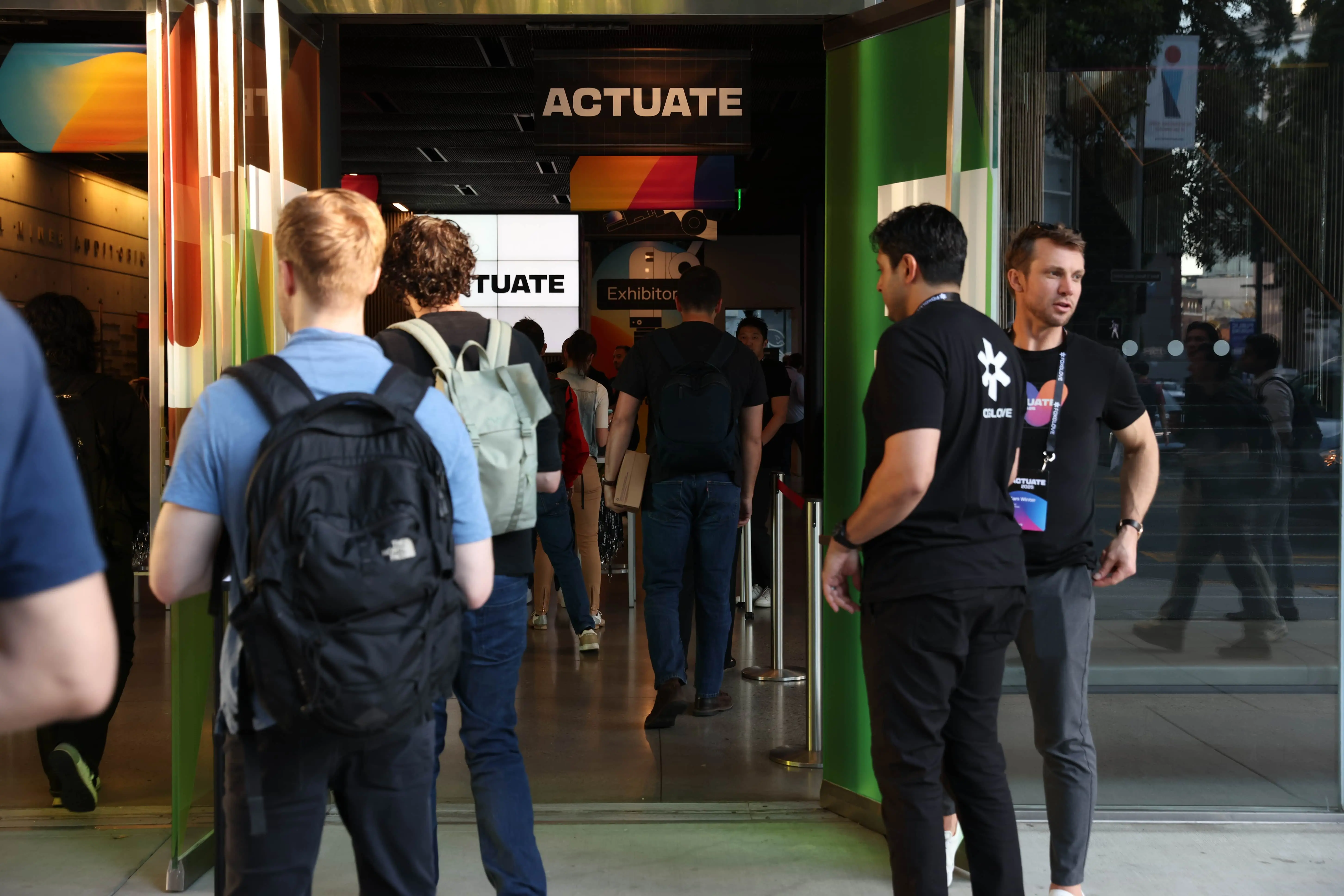Recordings from Actuate 2025
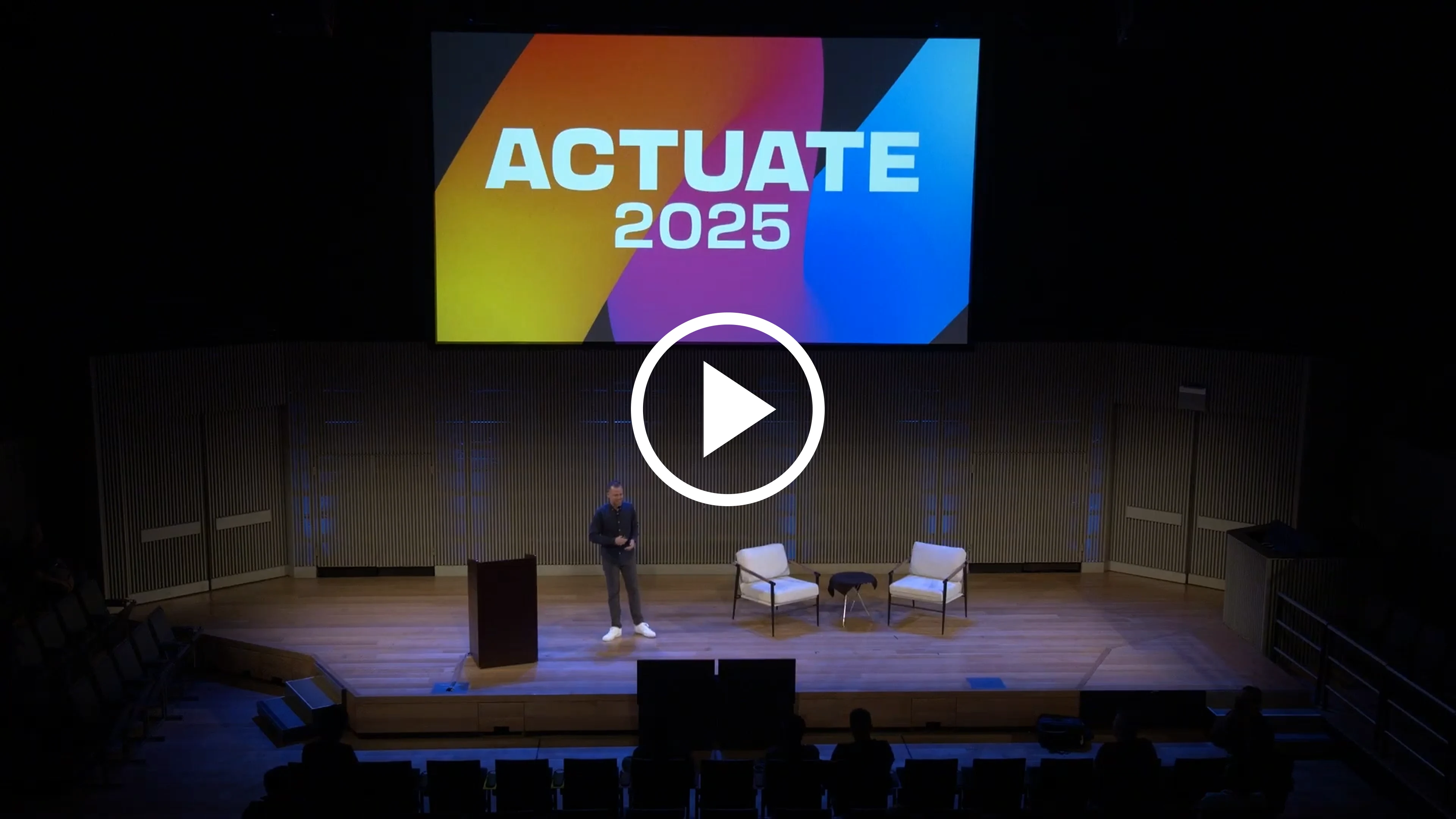

Adrian Macneil
Co-founder & CEO Foxglove
Adrian Macneil is the CEO and co-founder of Foxglove, a company dedicated to increasing the GDP of robotics through foundational tools and infrastructure. Foxglove’s powerful visualization and data management accelerates robotics development from prototype to production. Prior to founding Foxglove, Adrian was the Director of Infrastructure Engineering at Cruise, where he helped scale from the first prototypes to hundreds of vehicles on the road.
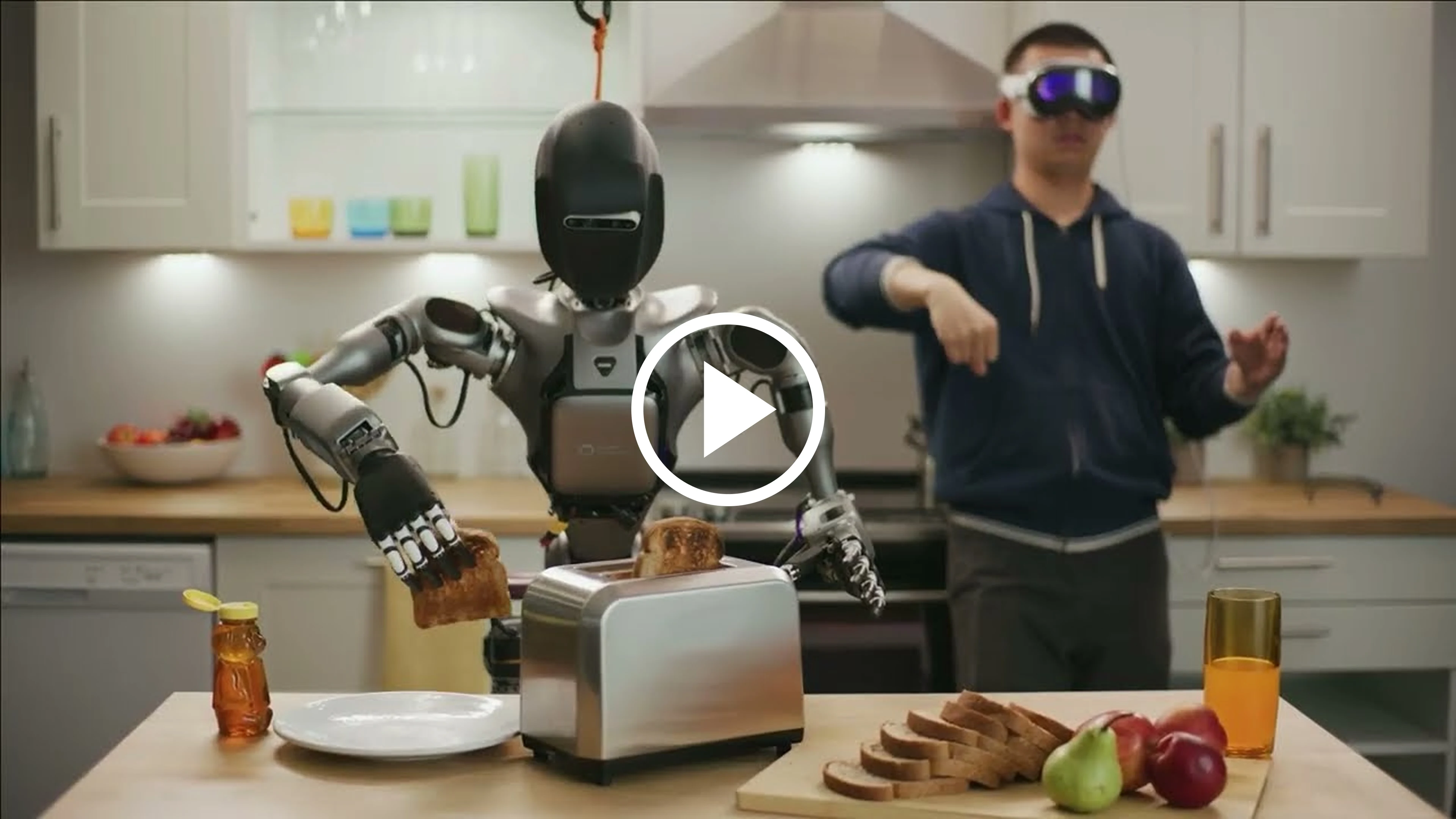

Jim Fan
Distinguished Scientist NVIDIA
Dr. Jim Fan is the co-Lead of Generalist Embodied Agent Group (GEAR) at NVIDIA. GEAR’s mission is to build generally capable Physical AI. Dr. Fan’s team is spearheading Project GR00T, NVIDIA’s moonshot initiative at building the AI brain for humanoid robotics. Previously, Dr. Fan obtained his Ph.D. degree at Stanford Vision Lab. His publications have won several awards and nominations, including the Outstanding Paper Award at NeurIPS 2022. He spearheaded multiple impactful works on robot foundation models, AI gamers that play Minecraft proficiently, and general-purpose agents that learn to operate a computer. His works have been widely featured in news media, such as New York Times, Forbes, MIT Technology Review, TechCrunch, The WIRED, VentureBeat, etc.


Sergey Levine
Co-Founder Physical Intelligence
Sergey Levine is an Associate Professor at UC Berkeley and co-founder of Physical Intelligence, which focuses on developing robotic foundation models. He received a BS and MS in Computer Science from Stanford University in 2009, and a Ph.D. in Computer Science from Stanford University in 2014. He joined the faculty of the Department of Electrical Engineering and Computer Sciences at UC Berkeley in fall 2016. His work focuses on machine learning for decision making and control, with an emphasis on deep learning and reinforcement learning algorithms. Applications of his work include autonomous robots and vehicles, as well as applications in other decision-making domains. His research includes developing algorithms for end-to-end training of deep neural network policies that combine perception and control, scalable algorithms for inverse reinforcement learning, deep reinforcement learning algorithms, and more. In 2024, he co-founded Physical Intelligence (Pi), which aims to develop a general-purpose robotic foundation model.

Liyiming Ke
Member of Technical Staff Physical Intelligence
Liyiming Ke is a full stack robotist at Physical Intelligence researching on Machine Learning for Robot Manipulation. She earned her Ph.D. from the University of Washington with her thesis titled "Data-driven Fine Manipulation". She built a chopsticks-welding robot that demonstrate fine motor skills and developed theoretical frameworks for robot learning. She has led human-robot interactive demonstration at AAAS in 2020 and has been selected as one of the Rising Stars in EECS 2023.


James Kuffner
CTO Symbotic
James Kuffner is the Chief Technology Officer at Symbotic. In that role, James is responsible for building and advancing all Symbotic’s technologies and solutions. James has served as Symbotic's Chief Technology Officer since January 2025 and brings more than 30 years of experience in robotics within both academic and industry research. Prior to joining Symbotic, James was at Toyota Motor Corporation, where he held several leadership roles during his long tenure. Most recently, he was a Senior Fellow in charge of the company’s Software Development Center, after serving as Toyota’s Chief Digital Officer and Member of the Board. Prior to Toyota, James was a leader at Google for a variety of Engineering functions, including as the head of Google’s Robotics division, where he helped develop Google’s self-driving car and managed research projects. Before Google, James was an Associate Professor at Carnegie Mellon University’s Robotics Institute, leading research and teaching both computer science and robotics. As the author of 125 publications and 40 patents in 3D graphics, robotics and autonomous vehicles, James is known as the co-inventor of the Rapidly Exploring Random Tree (RRT) algorithm for robot motion planning. James has a Ph.D., M.S. and B.S. in computer science from Stanford University.
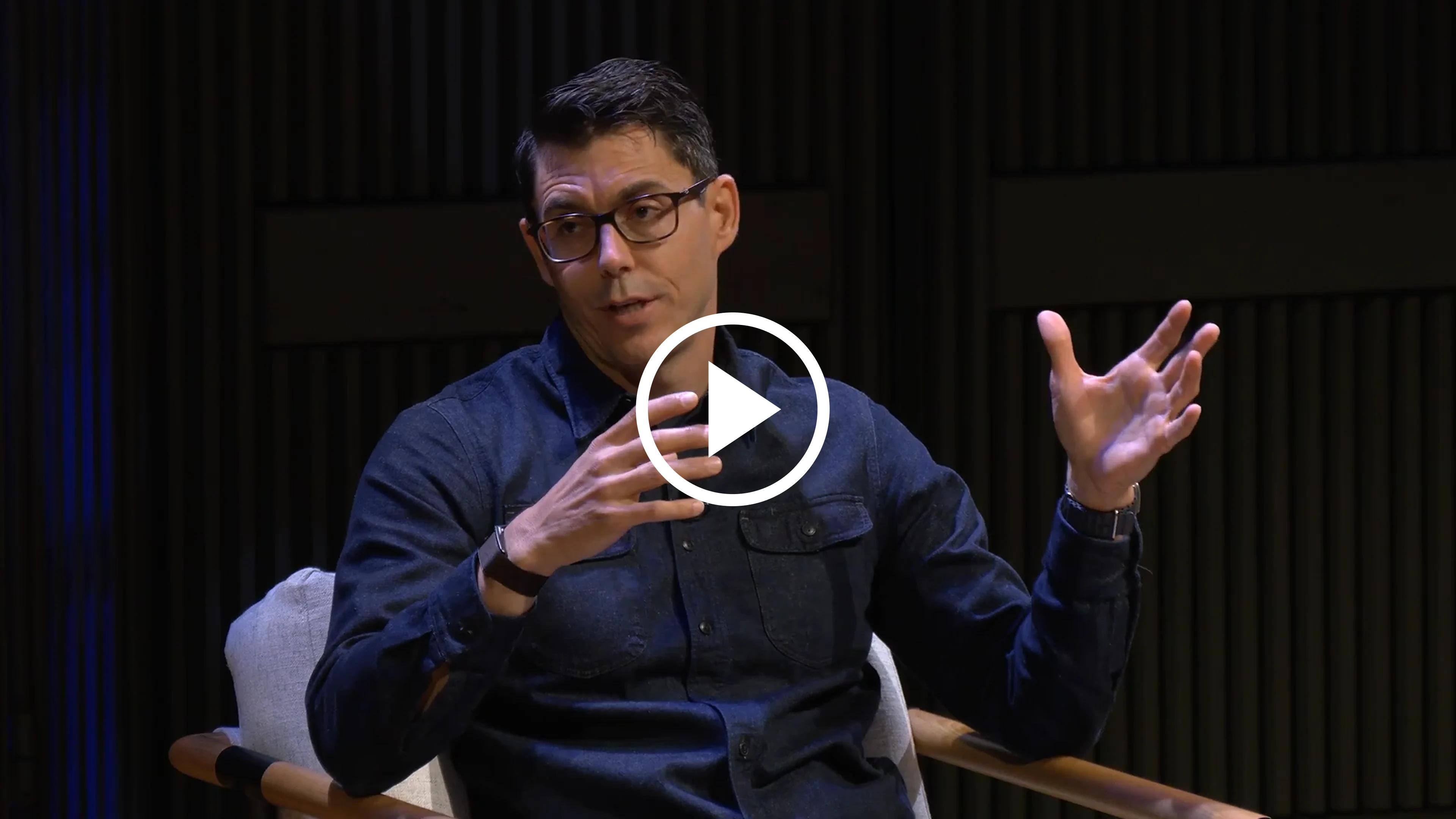

RJ Scaringe
Founder & CEO Rivian
RJ Scaringe founded Rivian in 2009 to help accelerate the world’s shift toward carbon neutral energy and transportation. Since starting Rivian from a clean sheet, he’s led the company to establish its vertically integrated technology platforms, build multi-program manufacturing capabilities, develop meaningful partnerships and set forth a strategic vision that transcends the profound change we’ll see within the transportation industry over the next few decades. An engineer at heart, RJ has meticulously built a diverse team obsessed with tackling hard problems while fostering an environment that rewards courage, creativity and teamwork. He operates from the belief that the only way to build the kind of world our kids’ kids deserve is through collaboration, not only within organizations, but also across industries and society. Today, Rivian develops and manufactures electric vehicles and charging infrastructure for the consumer and commercial markets. Rivian’s nearly $14 billion IPO in 2021 was the largest worldwide since 2014. Rivian’s first consumer products, the R1T and R1S, have received critical acclaim, including the R1T named MotorTrend’s Truck of the Year for 2022; and both the R1T and R1S earning the highest safety rating of Top Safety Pick+ from the Insurance Institute for Highway Safety (IIHS) for 2023 and 2024. Most recently, Rivian was named the Best Luxury Brand of 2024 by US News and World Report. Rivian is also currently fulfilling Amazon's order for 100,000 electric delivery vans—the largest single order for commercial EVs ever placed.

Adrian Macneil
Co-founder & CEO Foxglove
Adrian Macneil is the CEO and co-founder of Foxglove, a company dedicated to increasing the GDP of robotics through foundational tools and infrastructure. Foxglove’s powerful visualization and data management accelerates robotics development from prototype to production. Prior to founding Foxglove, Adrian was the Director of Infrastructure Engineering at Cruise, where he helped scale from the first prototypes to hundreds of vehicles on the road.


Kyle Vogt
CEO The Bot Company
Kyle Vogt is the Founder and CEO of The Bot Company, a robotics startup making affordable household robots. He previously founded Cruise, which was sold to GM for $1 billion and ultimately completed 250,000 driverless rides. Previously, Vogt was a cofounder of Twitch. He studied Computer Science and Electrical Engineering at MIT.

Adrian Macneil
Co-founder & CEO Foxglove
Adrian Macneil is the CEO and co-founder of Foxglove, a company dedicated to increasing the GDP of robotics through foundational tools and infrastructure. Foxglove’s powerful visualization and data management accelerates robotics development from prototype to production. Prior to founding Foxglove, Adrian was the Director of Infrastructure Engineering at Cruise, where he helped scale from the first prototypes to hundreds of vehicles on the road.
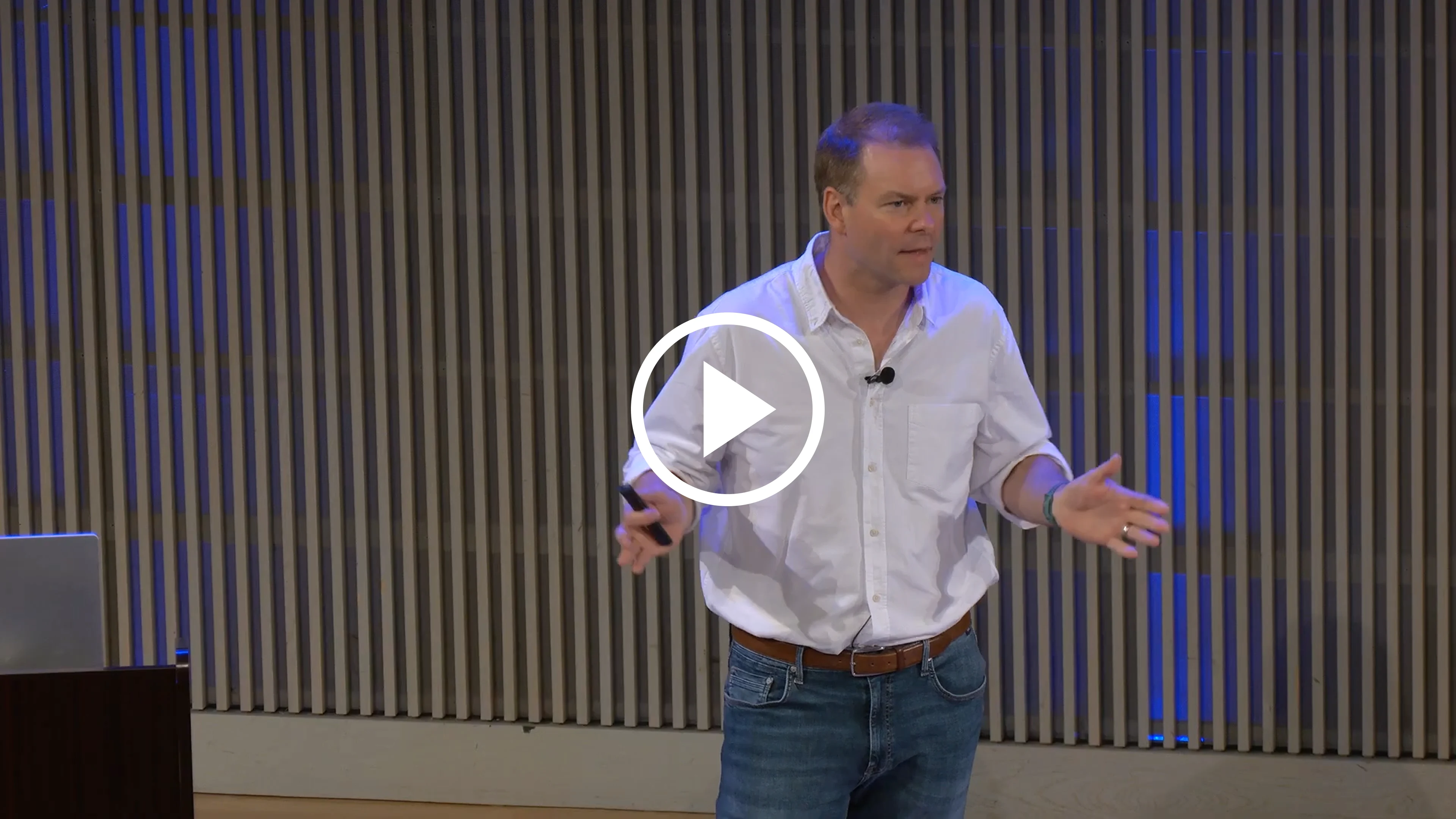

Jamie Shotton
Chief Scientist Wayve
Jamie leads Wayve’s Science department, where he guides our research teams to unlock new research breakthroughs, to enable those breakthroughs to have meaningful impact for the business, and to disrupt both our technical and business strategy to ensure Wayve stays at the forefront of innovation. Before Wayve, Jamie was Partner Director of Science at Microsoft and Head of the Mixed Reality & AI Labs, where he shipped foundational features for Microsoft’s Kinect (Microsoft’s line of motion sensing input devices) and the hand- and eye-tracking that enable HoloLens 2’s interaction model (smart glasses). With a PhD in computer vision from the University of Cambridge, Jamie is a highly accomplished researcher and was elected a Fellow of the Royal Academy of Engineering in 2021.
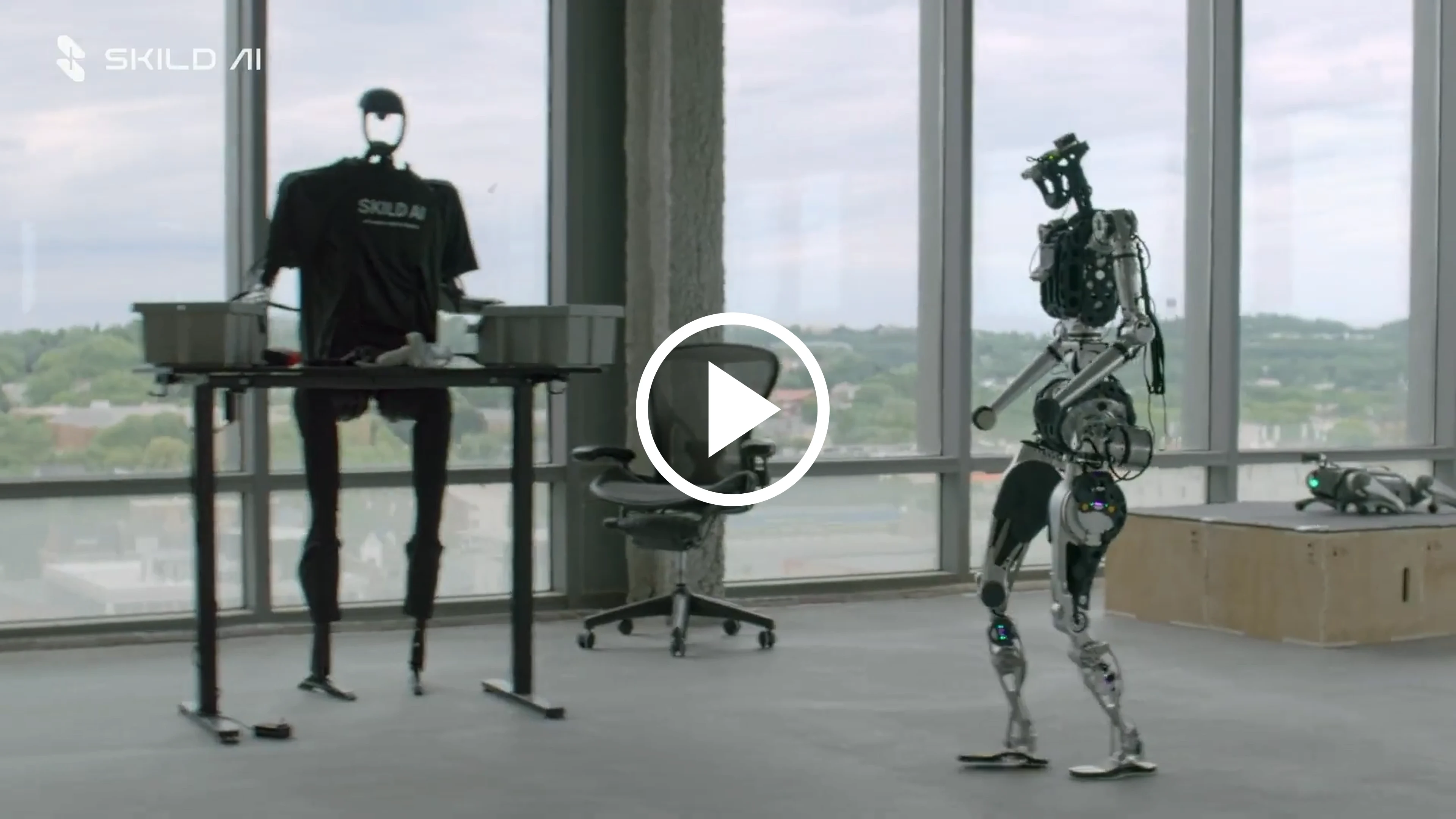

Deepak Pathak
Co-founder & CEO Skild AI
Deepak Pathak is CEO & Co-Founder of Skild AI and Professor at Carnegie Mellon University working on developing an AI foundation model for robotics. He is known for pioneering contributions to AI including self-supervised learning, artificial curiosity and sim2real adaptation for robot learning. Deepak has received several prestigious honors including Sloan Fellow, MIT TR 35under35, Okawa Fellow, IIT Kanpur Young Alumnus Award and multiple Best Paper Awards. Deepak's research has been featured in popular press outlets, including The Economist, The Wall Street Journal, Forbes, Quanta Magazine, Washington Post, CNET, Wired, and MIT Technology Review among others. Earlier, he received his Ph.D. from UC Berkeley and his Bachelor's from IIT Kanpur with a Gold Medal in Computer Science.


Jason Ma
Co-founder Dyna Robotics
Jason Ma is co-founder at Dyna Robotics. He received his PhD from University of Pennsylvania, where he studied scalable reinforcement learning algorithms and foundation models for robot learning. His research has been recognized with honors such as RSS Pioneers, Apple and OpenAI Fellowship, Best Paper Finalist at ICRA 2024, Top 10 NVIDIA Research Projects of 2023, and covered by popular media such as the Economist, Fox, Yahoo, and TechCrunch.


Boris Sofman
Co-Founder & CEO Bedrock Robotics
Boris Sofman is the co-founder and CEO of Bedrock Robotics. The company is focused on enabling fully self-operating heavy machinery (enabled by a fairly inexpensive upfit) in sectors such as construction to drive improvements in the cost, schedule, safety, and predictability of projects and reimagine the operations of a modern General Contractor. Before Bedrock Robotics, Boris was an executive at Waymo, where he led autonomous trucking as well as key core technologies (including Perception, Reliability, and Freeways) in the push to launch autonomous cars to the public in the Waymo One ride-hailing network. Waymo robo-taxis have driven over 100 million driverless miles across 5 cities at superhuman levels of safety. Previously, Boris co-founded and led Anki, a consumer robotics company known for its innovative entertainment products. Boris holds a PhD in Robotics from Carnegie Mellon University.


Bahram Banisadr
Head of Product Foxglove
Bahram is Head of Product at Foxglove, where for the past three years he’s led efforts to build tools that accelerate the research, development, and scaling of physical AI from lab to operations. Prior to that, he worked at Amazon as product lead for the simulation and mapping team at Scout, focused on advancing autonomy for last-mile ground delivery. Before Amazon, he launched and scaled Event Grid, Microsoft Azure’s pub-sub event system. Earlier, he served as a deployment strategist at Palantir and helped grow Caviar from Series A through acquisition.
Bahram’s fascination with robotics dates to childhood, but a pivotal moment came when he helped calibrate the ChemCam instrument on NASA’s Curiosity rover, which has been operating on Mars since 2012. He holds dual B.S. degrees in Mechanical Engineering and Business, and an M.S. in Robotics from the University of Pennsylvania’s School of Engineering and The Wharton School.
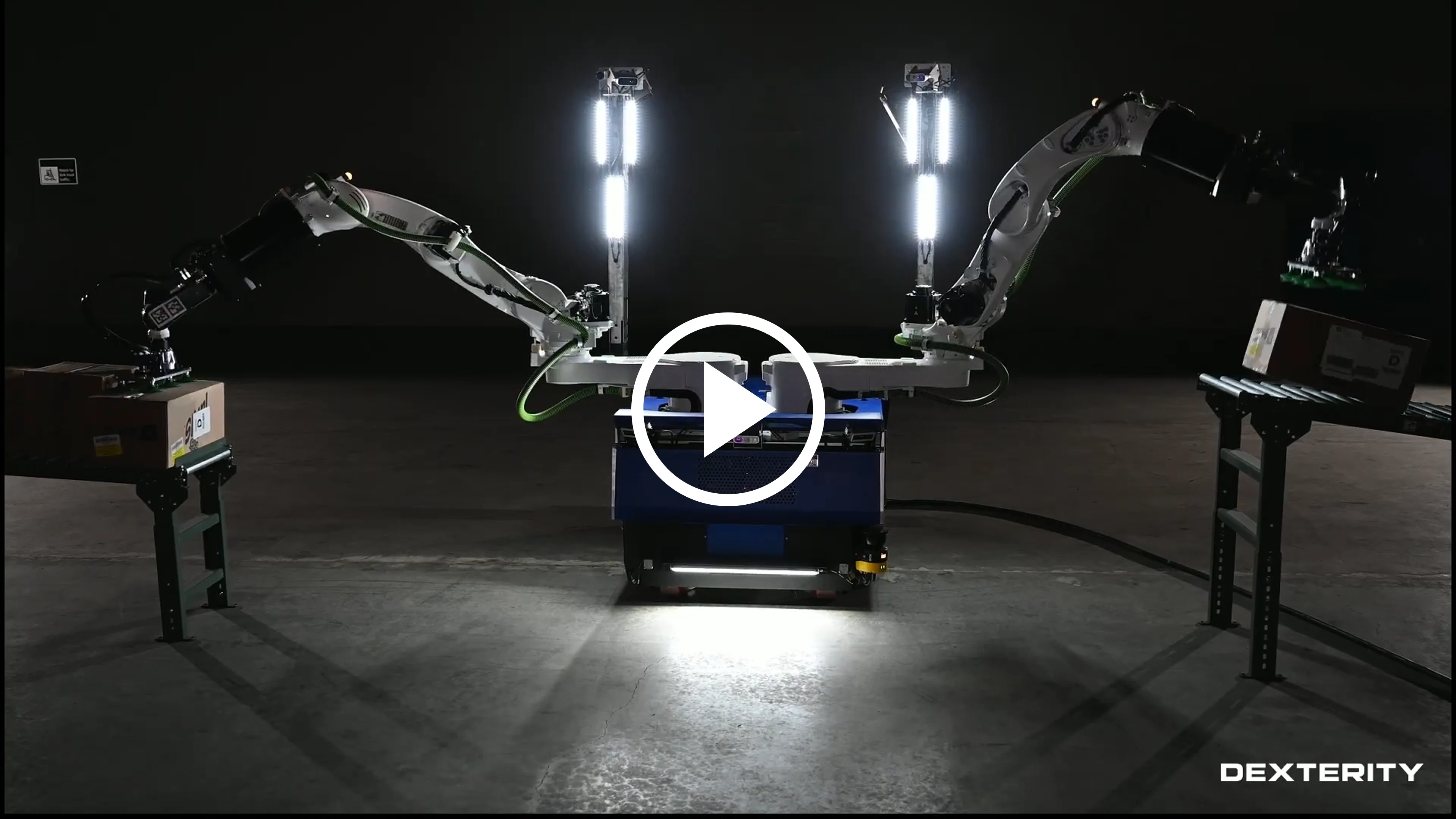

Robert Sun
Founding Engineer Dexterity
Robert Sun is a Founding Engineer at Dexterity, Inc., a company focused on developing AI robots with human-like dexterity for applications in logistics, supply chain, and warehousing.
Robert studied AI, robotics, control, and optimization at Stanford University and worked with other Dexterity cofounders in the Stanford Robotics Lab. He has been putting modern robotics research into production for over a decade with a focus on Physical AI, control theory, optimization and planning, leveraging smart hardware design combined with design for controllability to enable robots to go beyond their traditional mechanical limits.


Roman Shtylman
Co-Founder & CTO Foxglove
Roman Shtylman is the Co-Founder and CTO of Foxglove, where he leads the company’s technical vision and drives the development of tools that power the future of robotics and Physical AI.
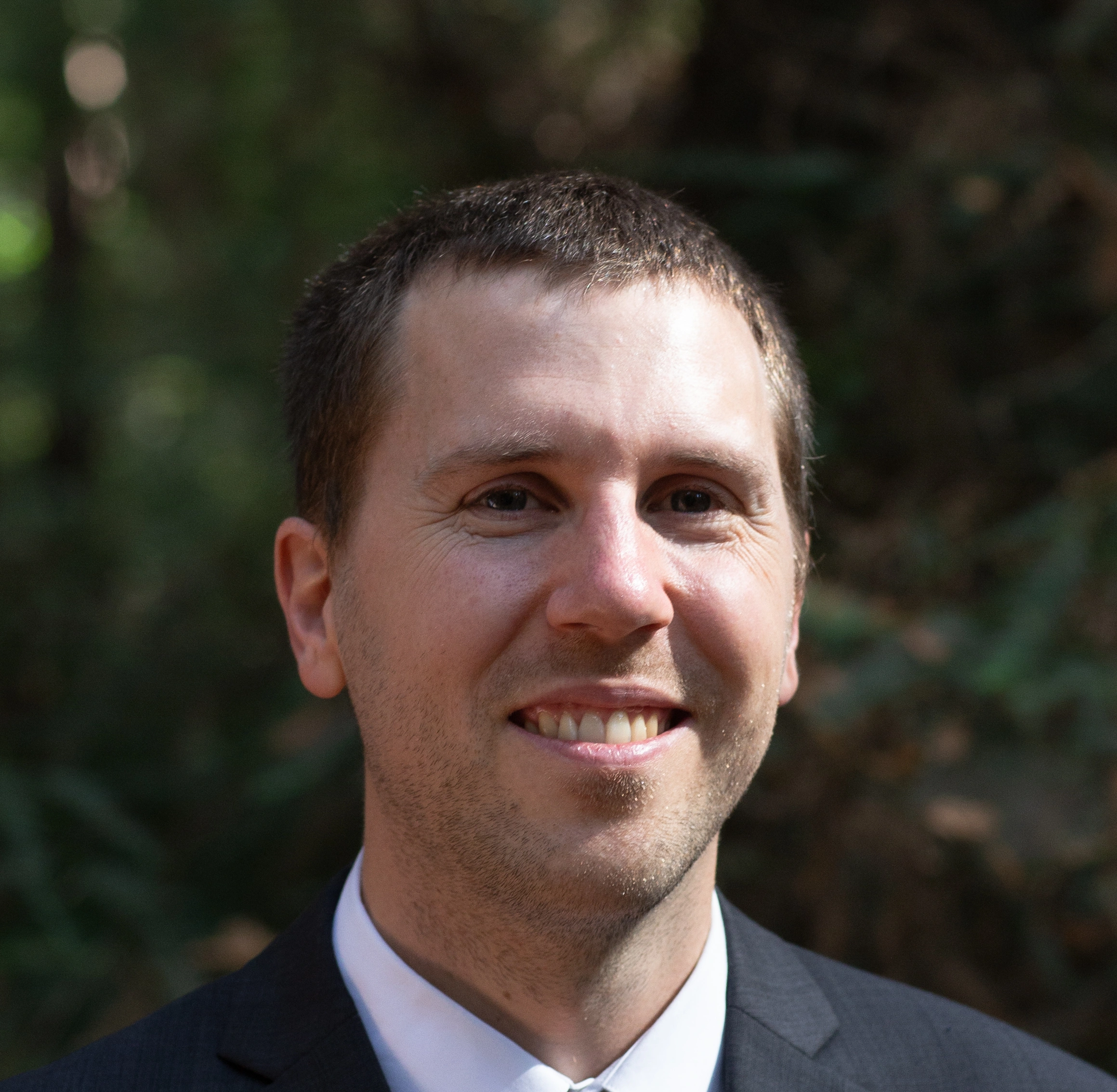
Austin Schuh
Sr. Principal Software Architect Blue River Technology
Austin Schuh is a software architect at Blue River Technology, where he leads a new autonomy team. Previously, he was the software architect for See and Spray, a shipping product using ML and robotics to target only weeds with herbicide. He has designed 3 middlewares for real-time robotics applications in the last 10 years and enjoys thinking about how to design real-time systems. Outside work, he mentors the Space Cookies, a high school robotics team.
Austin holds a bachelor's degree in mechanical engineering and a bachelor's degree in electrical engineering & computer science from UC Berkeley.

Emerson Knapp
Staff Robotics Engineer Polymath Robotics
Emerson Knapp is Staff Robotics Engineer at Polymath Robotics, working on industrial off-road autonomy. A ROS 2 Project Management Committee member, he has authored 600+ and reviewed 1200+ merged contributions to ROS packages. He founded the Rosbag2 & Tooling Working Group, and led the migration to using MCAP in ROS 2. At Dispatch, Amazon, Bonsai, and now Polymath he's deployed ROS-based robots.
In Singapore this October, he'll make his fifth speaking appearance at ROScon. Ask him to show you a yo-yo trick!

Guillaume Binet
Founder Copper Robotics
Guillaume Binet, Founder of Copper Robotics, brings 25 years of tech experience, with 10 years focused on robotics. Before founding Copper Robotics, he was the CTO at Skyways (drones), VP of CORE Platforms at Motional (autonomous driving), and VP of Onboard Infrastructure at Argo AI (autonomous driving). When Guillaume is not working heads down on his startup, he likes to restore old electronics (family computers and pinballs), scuba dive and race cars.

MacCallister Higgins
Director of Software Engineering Pipedream Labs
MacCallister “Mac” Higgins is a full-stack robotics engineer and pro-ROS practitioner. He co-founded Voyage (acquired by Cruise/GM in 2021), architected next-gen system roadmaps for drones at Amazon Prime Air, and built middleware systems from the ground up for autonomous Blackhawk helicopters. Today he runs all software efforts at Pipedream Labs, building high-speed underground delivery robots. His ROS work spans perception, mapping, localization, distributed orchestration, robust mesh communications, and real-time control.



Adolfo Apolloni
Founding Member of Technical Staff, The Bot Company

Evan Morikawa
Member of Technical Staff Generalist
Evan led Applied Engineering at OpenAI and now does whatever is necessary at Generalist to realize general purpose robots. When he's not thinking about AI or robots, he chases around 2 small children and is starting to collect radioactive rocks.

Shitij Kumar
Technical Manager, Motion Planning and Simulation Dexterity
As a roboticist and engineering leader, Shitij Kumar guides the development of core motion and grasping intelligence for AI-powered robots at Dexterity, Inc., a company developing AI robots with human-like dexterity for logistics applications. He earned his Ph.D. in Engineering from the Rochester Institute of Technology, where his research focused on AI applications in industrial human-robot collaboration. During his doctoral work, he partnered directly with industry to design and deploy production-level robotic solutions. He brings expertise in AI, controls, simulation, motion planning, and robotic solution design to advance Physical AI in automation, with a focus on creating robotic systems that address labor challenges and enhance human capabilities in physically demanding environments.

John Betancourt
Head of AI and Robotics Robot.com
Head of AI and Robotics at Kiwibot, driving innovation in autonomous systems and mobile robotics at one of the fastest-growing last-mile delivery companies worldwide.
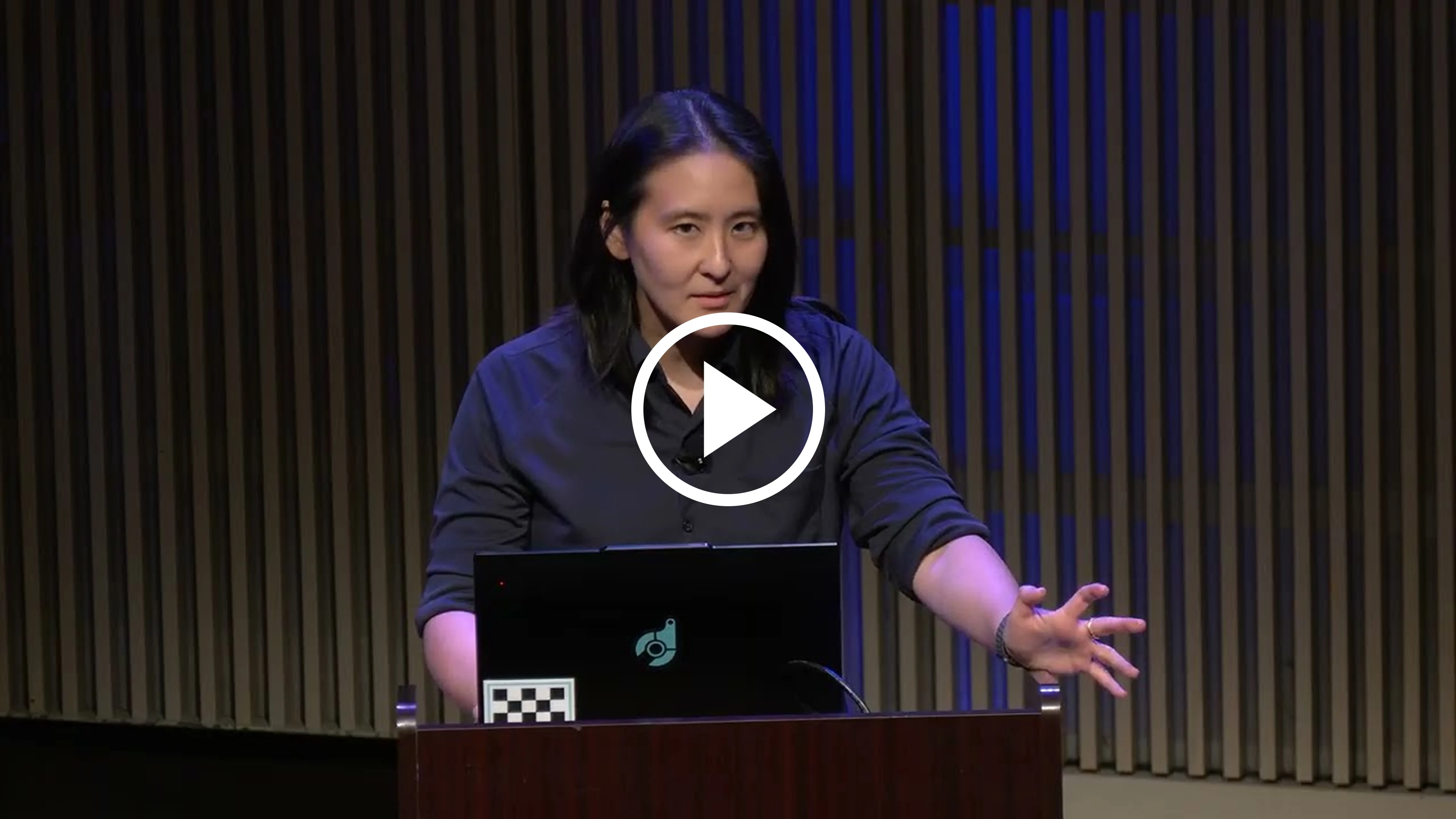
.webp)
Vivan Chu
Co-Founder & Chief Innovation Officer Diligent Robotics
Vivian is a 10+ year expert roboticist that specializes in human-robot interaction and has received high tier industry recognition including: recognized by MIT Technology Review on its 35 Innovators Under 35 list, being honored as a Google Anita Borg Memorial Scholar, honored as a Stanford EECS Rising Star, awarded Best Cognitive Robotics Paper Award at ICRA 2013 and featured on Robohub 25 women in robotics you need to know in 2016 list. In addition to creating Moxi and Poli, Vivian has used her HRI and machine learning expertise on other robotic platforms including PR2, Meka Robot and Kinova Jaco2. She has also worked at Google[X], Honda Research Institute and at IBM Research in Almaden (where she worked on natural language processing and intelligent information integration). Vivian completed her Ph.D. in Robotics at Georgia Tech where she was co-advised by her now co-founder, Dr. Andrea Thomaz (Socially Intelligent Machines Lab), along with Dr. Sonia Chernova (Robot Autonomy and Interactive Learning Lab). Vivian received her M.S.E. in Robotics from the University of Pennsylvania in 2013, where she worked in Dr. Katherine J. Kuchenbecker Haptics Research Group in the GRASP Lab. She received her B.S. degree in Electrical Engineering and Computer Science from the University of California, Berkeley in 2009.


Dennis Siedlak
CTO / Founder Slip Robotics
Dennis Siedlak is the CTO and co-founder of Slip Robotics, the Atlanta-based company revolutionizing trailer loading with mobile robots that can load or unload any semi in five minutes. Slip recently raised a $28M Series B led by DCVC and serves Fortune 500 manufacturers like John Deere, GE Appliances, and Nissan.
Dennis earned his Ph.D. in aerospace systems design from Georgia Tech before building autonomous systems at The Aerospace Corporation, Volley Automation, and Waymo. At Slip, he leads engineering and data science, turning billions of telemetry points into safer, faster robot-as-a-service deployments. He holds multiple patents in robotic mobility and specializes in scaling hardware-software systems from prototype to 24/7 operations.


Vinny Senthil
Senior Software Engineer Chef Robotics
Vinny leads platform software engineering at Chef Robotics, the first company to commercialize a scalable AI-driven food robotics solution. As an early hire, Vinny built out core infrastructure that enabled Chef to scale from prototypes to robots delivering over 50 million servings in production, helping industry-leading food companies increase volume and meet growing demand. Prior to his time at Chef, Vinny worked on developer platforms at Google Cloud, helping launch Vertex AI and co-authoring its Python SDK which now sees over a million daily downloads.
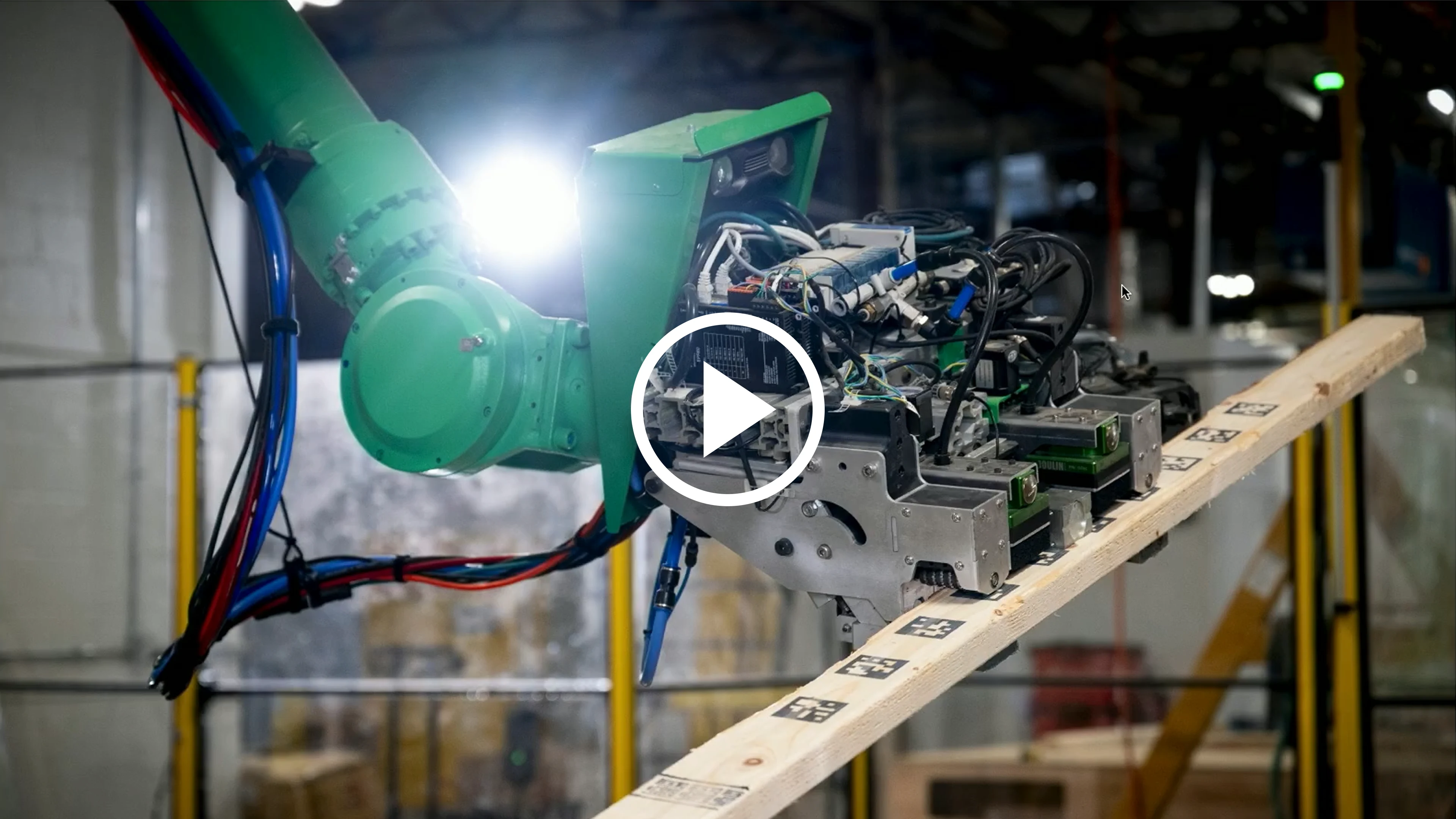

Felipe Polido
Co-Founder and Head of Technology Reframe Systems
Felipe Polido is the Co-Founder and Head of Technology at Reframe Systems and is on a mission to build climate-resilient homes for all. He leads development of the next-generation manufacturing engine that merges digital-twin first design, physical AI, and advanced automation. With an M.S. in Robotics and over 20 patent applications and publications, Felipe has spent more than a decade advancing manipulation, machine vision, and motion planning technologies. Prior to Reframe, he was part of the DARPA Robotics Challenge humanoid program and spearheaded Amazon Robotics’ Sparrow solution for automated bin-picking. Passionate about design simplification at scale, Felipe’s mission is to build robotic systems that connect cutting-edge research with real-world applications.

Ethan Keller
Design Automation Lead Reframe Systems
Ethan’s career sits at the intersection of computation, design, and manufacturing. He currently leads development of a design automation pipeline at Reframe Systems, where he’s helping bring modular building systems to life through scalable, model-driven design tools.
Prior to Reframe, Ethan spent five years at Onshape as a software development engineer, contributing to both the API and PartStudio teams. His experience building with and for Onshape gives him a unique perspective on how cloud-native CAD can power the next generation of automation.
Outside of work, Ethan has spent over a decade volunteering with AguaClara Reach as their technical advisor. There, he developed an automated system for designing gravity-fed drinking water treatment plants within Onshape, supporting clean water access in communities throughout Central America.


Vivek Bagaria
Head of Autonomy Matic
Vivek Bagaria is the Autonomy Lead at Matic Robots, a company with the mission of automating home chores to give back people their time and energy.
Vivek holds a PhD in Electrical Engineering from Stanford University and a Bachelor's from IIT Madras.
At Matic, he introduced Rust and spearheaded its adoption across the whole software stack — establishing robust technical foundations throughout the company.
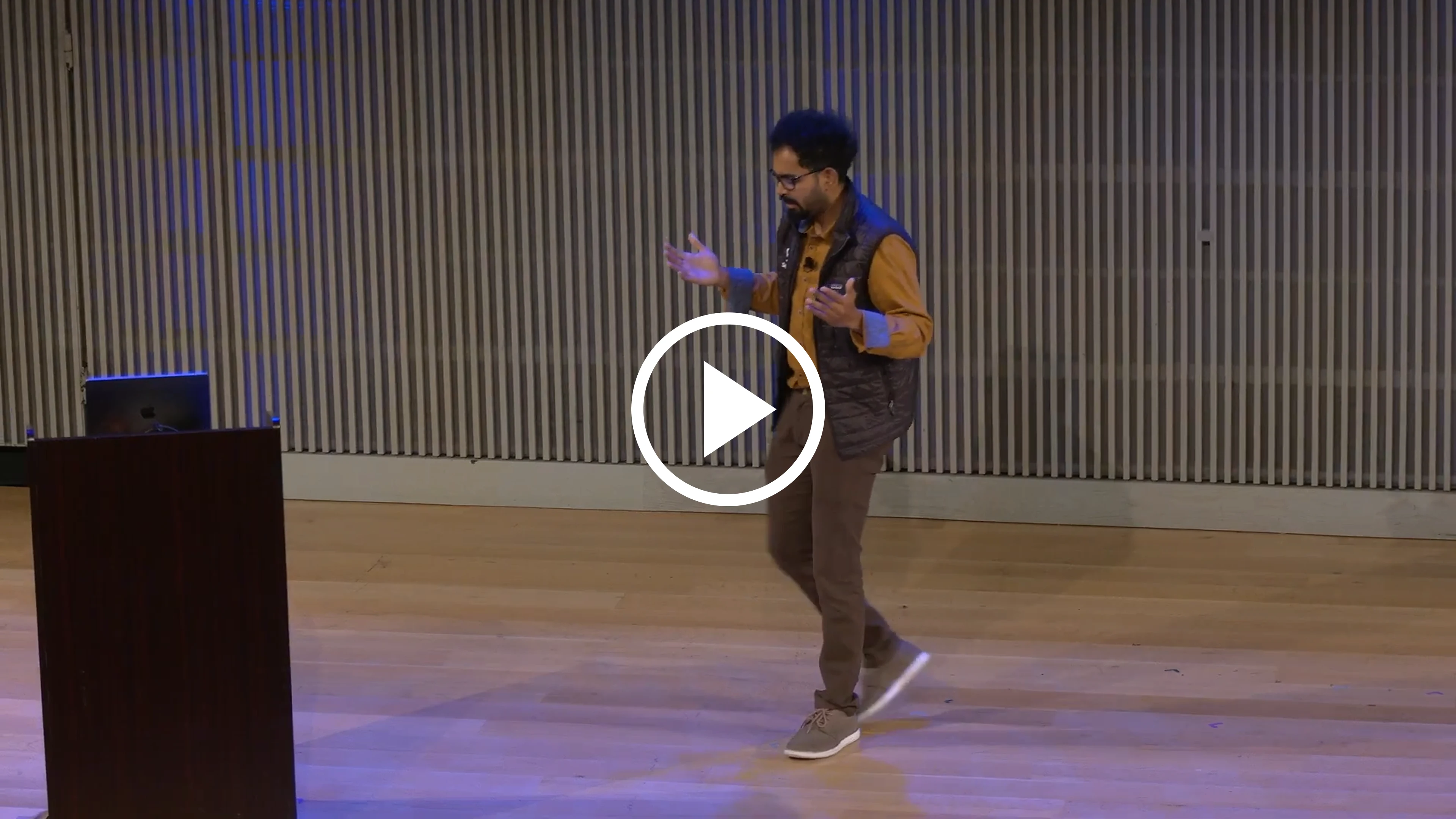

Rajesh Radhakrishnan
Senior Director, Head of Autonomy Serve Robotics
Rajesh Radhakrishnan is an AI and robotics leader with over 15 years’ experience spanning agricultural robotics, biotech, human–computer interaction, and mobility. He was the first co-founding engineer at Blue River Technology, where he built breakthrough AI and computer-vision technology that led to the largest-ever agricultural robotics acquisition by John Deere. At John Deere, Rajesh held multiple leadership roles and was part of the founding team that started the autonomous tractor group, scaling it from just six people to a major business unit and launching the company’s first autonomous tractors to market in three years. Today, he spearheads last-mile delivery innovation at Serve Robotics (Nasdaq: SERV) while advising and investing in emerging robotics startups.
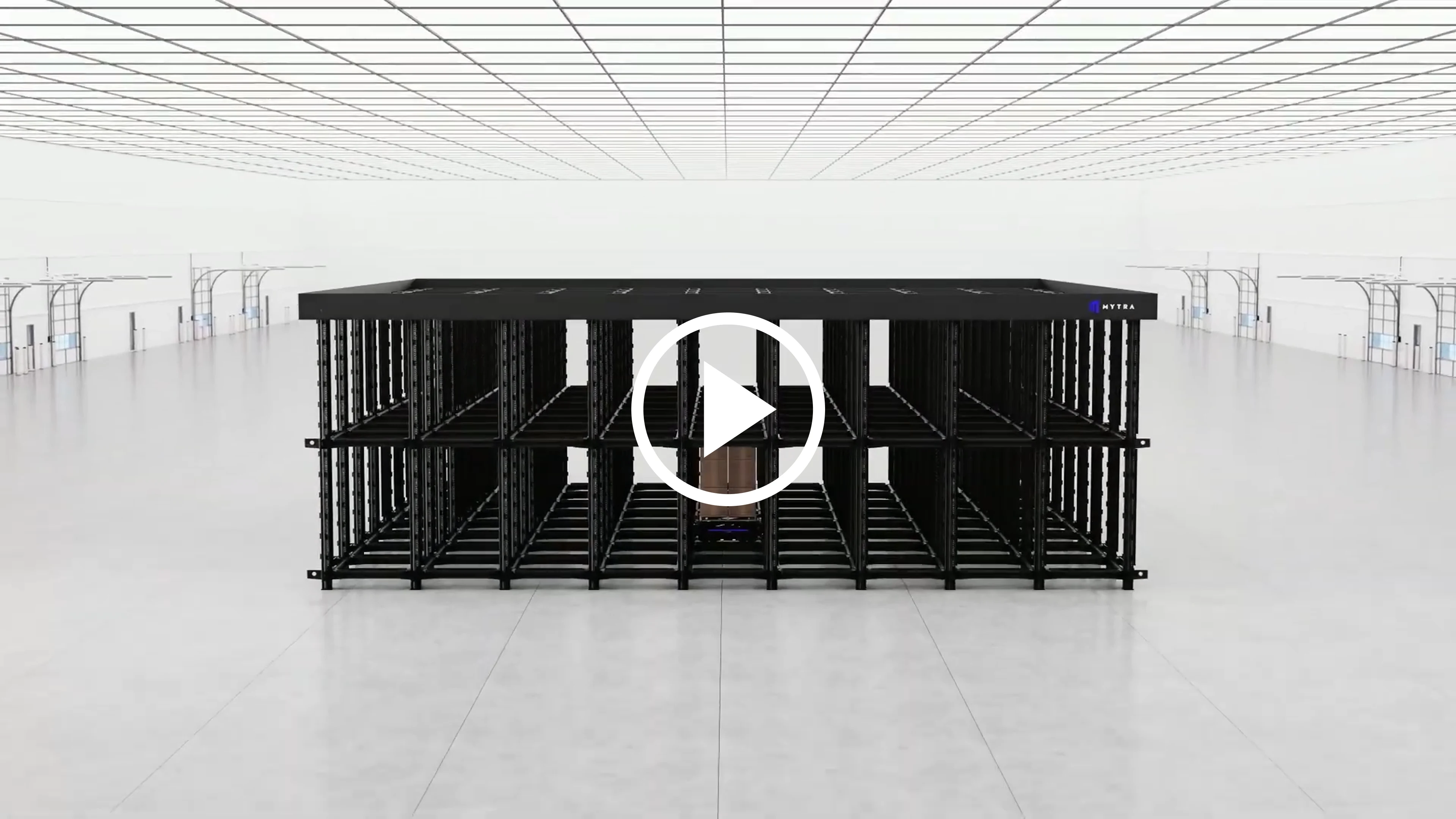
.webp)
Mike Brevoort
Principal Engineer - AI Lead Mytra
Leads AI and Computer Vision at Mytra. Over 25 years of experience scaling products from idea to production including at Lockheed Martin, Pearson, Slack, Gitpod and as a founder. Philly sports fan, Colorado transplant, loves the mountains.

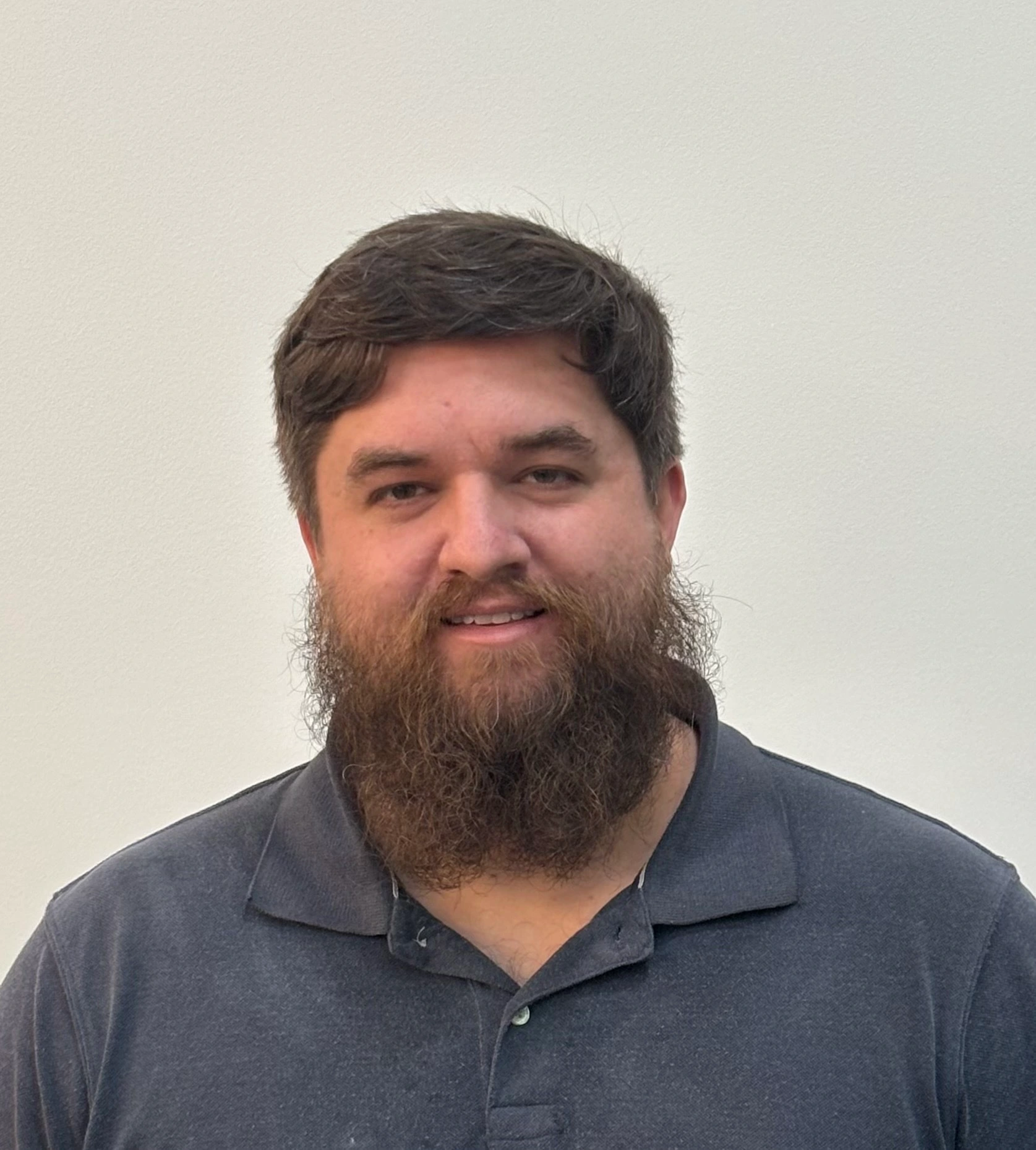
Daniel Fullmer
Principal Software Engineer Anduril Industries
Daniel Fullmer is a Principal Software Engineer at Anduril Industries, where he leads a team focused on device-level operating system concerns. Daniel has worked extensively with Nix and NixOS since 2013, using it to build software and define system images for embedded devices, servers, routers, phones, cameras, and others. He previously received a PhD from Yale University in Electrical Engineering where he focused on control theory and distributed computation.


Ankita Joshi
Senior System Safety Engineer Cobot
Ankita Joshi leads safety at Cobot, overseeing system architecture, standards compliance, and the integration of features that ensure the platform is ready for safe deployment.
She began her career in the automotive sector at Argo AI and General Motors, where she worked on self-driving and advanced driver-assistance systems. Her contributions included safety assurance of embedded systems across perception, planning, controls, and human interaction, as well as homologation of AV standards in U.S. and European markets.
She later moved into aviation, shaping safety case and certification strategies for next-generation electric aircraft at Hyundai’s Air Mobility Division, and conducting operational risk assessments at Zipline.
Ankita holds a B.S. and M.S. in Mechanical Engineering and a Master of Public Policy focused on technology policy, all from the University of California, Berkeley.

Heidi Schubert
Director of Software and Autonomy Cobot
Heidi leads the Software and Autonomy team at Cobot to make Proxie trustworthy and adaptable. She has more than 20 years of experience developing software solutions to challenging problems. Previous roles include leading the Amazon Prime Air Drone ground station team and leading the autonomy software for Amazon Astro. Heidi has a PhD in Aerospace Engineering from the Stanford Aerospace Robotics Lab.

Ilia Baranov
Co-Founder & CTO, Polymath Robotics
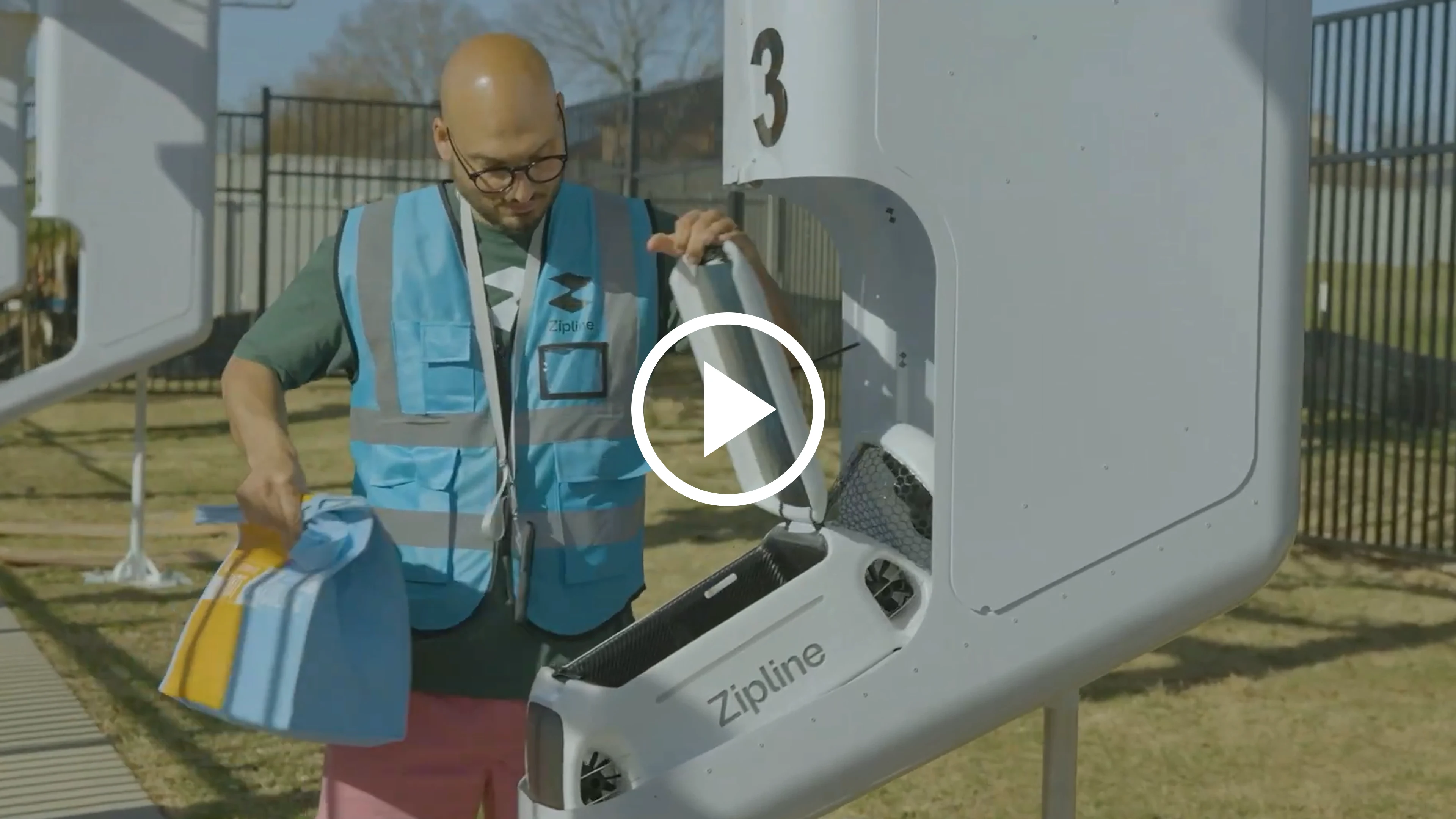

Karthik Lakshmanan
Head of Perception Zipline
Karthik Lakshmanan is a robotics engineer with over a decade of experience building perception systems at the intersection of machine learning and robotics. He is currently an Autonomy Lead at Zipline, developing perception capabilities to scale Platform 2, a next-generation precision drone delivery system. Previously, he was a tech lead at Aurora Innovation, where he developed large-scale detection and tracking systems for self-driving trucks.
Karthik holds a Master’s in Robotics from Carnegie Mellon University and a B.S. in EECS from UC Berkeley. He was featured in Netflix’s Working, in an interview with President Obama.


Vibhav Ganesh
Director of Engineering Shield AI
Vibhav is a Director of Engineering at Shield AI, where he leads the Hivemind Strategic Projects Group, overseeing critical software and autonomy projects for the Hivemind SDK. His role places him at the critical intersection of product development and engineering teams. Previously, he served as the technical lead over various aspects of the AI pilot, including Guidance, Navigation, and Control (GNC).
Vibhav holds a master’s degree in robotics and a bachelor’s degree in computer science from Carnegie Mellon University.


Mahesh Krishnamurthi
Co-Founder & CPO Vayu Robotics
Mahesh is a technology entrepreneur with 15+ years of experience in shipping consumer electronics & enterprise products, building mission driven & focused teams, at Vayu Robotics, Apple, Lyft and Intel Labs. In 2021, Mahesh co-founded Vayu Robotics, a startup backed by Khosla Ventures at the intersection of AI and Robotics, focusing on building next generation technology for sensing and mobility applications. During his leisure time, Mahesh coaches a middle school robotics team and enjoys playing competitive sports with his two boys.
Join engineering leaders and innovators pushing the boundaries of robotics.

